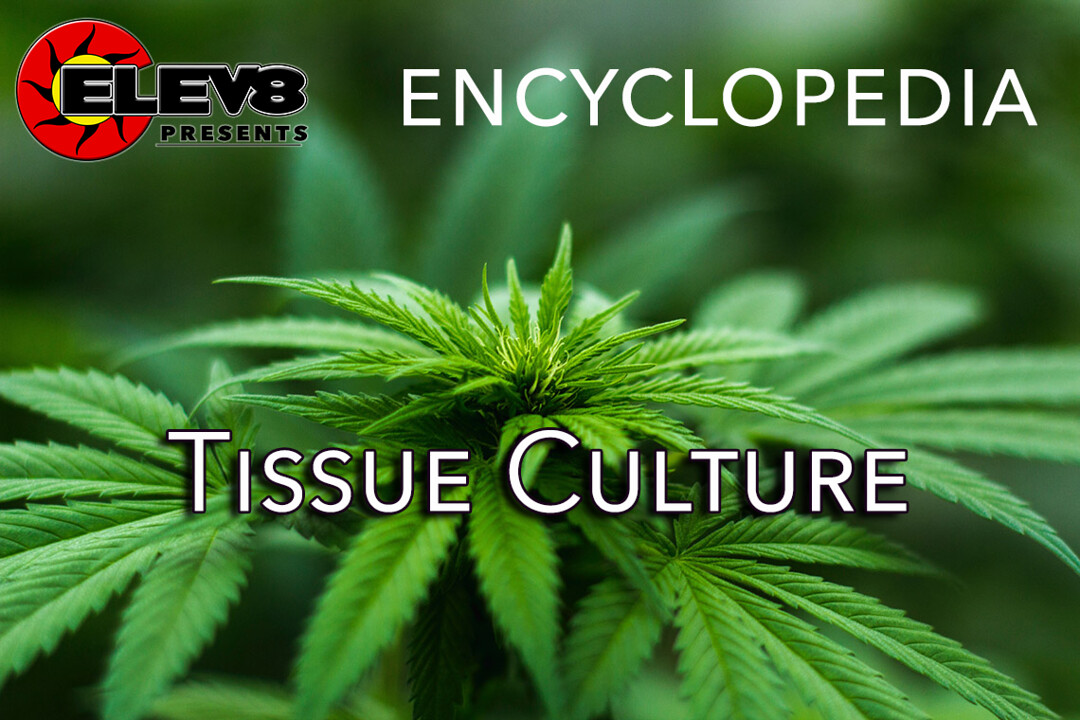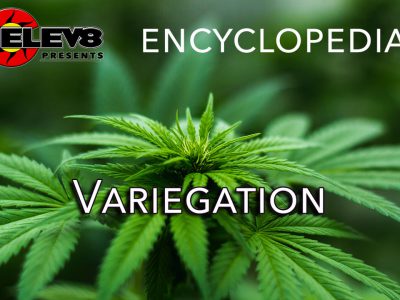What does Tissue Culture mean?
A tissue culture is the cultivation of a plant through the use of a cutting or other plant tissue. Tissue culturing is the most common form of plant reproduction and cloning in the greenhouse setting.
A tissue culture can also be used to reproduce plants that demonstrate exceptional disease or pest resistance, or some other desired characteristic.
More Info On Tissue Culture
Tissue culturing is a preferred method of cultivating mainly because it utilizes a plant’s ability to rejuvenate tissue rapidly. A stem, cutting, or other plant tissue removed from a plant, dipped in rooting hormone, and planted in a special medium will rapidly produce an exact copy of the parent plant.
This ability of a plant to clone itself is an important incentive to cultivate with a plant tissue culture. A plant possessing some extraordinary characteristics of bloom, aroma or form can be reproduced as an exact copy.
In nature, plant tissue culturing and cloning frequently occurs with succulents such as hens, chicks, and many other plants. The plant may droop to the point of touching the ground, whereupon it roots itself and produces an offspring that is genetically identical to the parent plant.
Tissue culturing is used to quickly reproduce plants without requiring seeds, tubers, or bulbs. It can also be used to reproduce endangered plants that may not be able to produce enough blooms or seeds to reproduce naturally.
Tissue culturing is also used in conjunction with genetically modified plants. Individual cells within the tissue are genetically manipulated or altered to quickly produce a plant with superior qualities or additional disease resistance.







